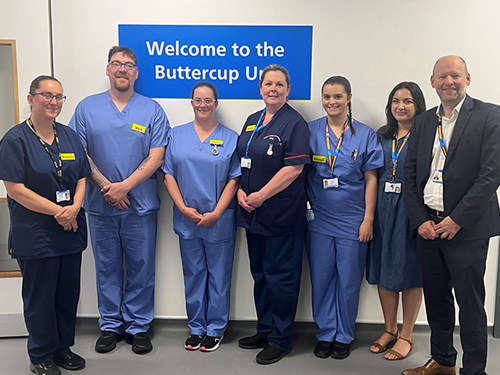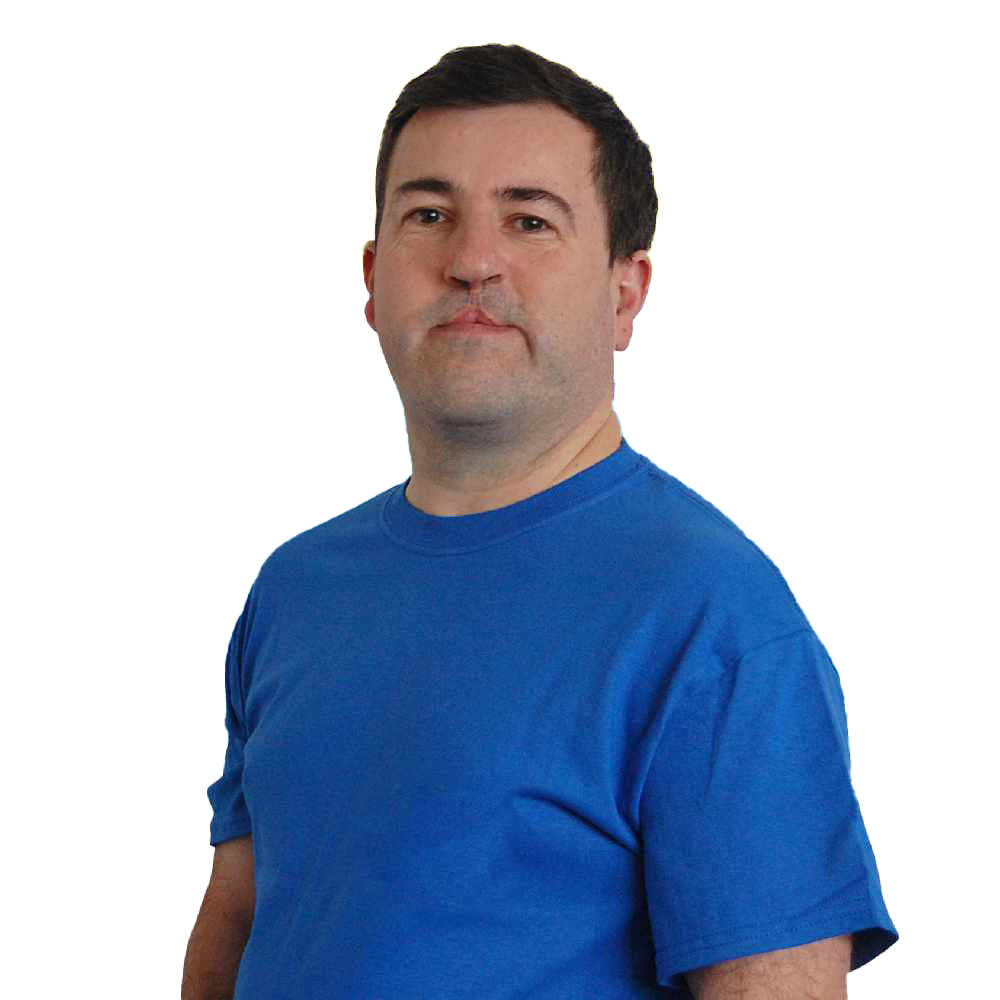
The Nightingale Hospital Exeter celebrated the opening of a new unit that will provide state-of-the-art technology and innovation to further reduce waiting times for patients across Devon.
Cardiology, Respiratory and Gastroenterology are now providing diagnostic services from the Buttercup unit with more services being introduced throughout the summer.
The new Buttercup unit adds to the Orthopaedic, Ophthalmology, Imaging and Rheumatology services that are already established at the Nightingale, each of which has a focus on providing innovative same day elective care. The opening also marks the final piece of the jigsaw in transforming the Nightingale Hospital Exeter from a COVID-19 hospital into an elective and diagnostic care hub.
The Buttercup Unit aims to provide ‘one-stop’ services wherever possible, so that patients need fewer trips into hospital and get their diagnosis and treatment faster. One example of the new one-stop services is a nurse-led trans-nasal endoscopy service, which is part of a two-week wait cancer pathway and will mean patients get essential treatment more quickly.
Chris Tidman, Deputy Chief Executive Officer at the Royal Devon said, ‘We’re delighted to be celebrating the final phase of work to convert the Nightingale Hospital Exeter into a truly world class facility, offering speedy and high-quality care to the people of Devon.
We know there are people who are still waiting too long for treatment across Devon but the Nightingale Hospital has been a key part of our recovery and has given us real hope for the future. In particular, it shows what can be achieved when teams from across Devon are given the time and support to re-imagine how care can be provided in a more patient centred way.’
Shan Morgan, Chair of the Royal Devon, said: ‘It’s wonderful to be celebrating the opening of the Buttercup Unit. It’s vitally important that we find ways to ensure patients get their diagnosis in a timely way, so that they can start treatment pathways quickly.
The new unit will help reduce waiting times and improve the experience for patients in Devon.’

 New accountability board will ensure Devon & Cornwall Police is effectively scrutinised and making improvements
New accountability board will ensure Devon & Cornwall Police is effectively scrutinised and making improvements
 High fire risk: advice issued for Dartmoor this weekend
High fire risk: advice issued for Dartmoor this weekend
 Investigation Finds No Gross Misconduct by Former Acting Chief Constable Jim Colwell
Investigation Finds No Gross Misconduct by Former Acting Chief Constable Jim Colwell
 Building a new home for Devon Air Ambulance
Building a new home for Devon Air Ambulance











